TV production companies like blue skies, extra clarity and all that, although a late sun makes you have to pick your angles carefully.
I was filming with Dr Alice Roberts for Channel 4’s Britain’s Most Historic Cities. Dr A is well-known from so many TV shows, Digging for Britain, Time Team and Coast etc...but she is no ordinary presenter since she’s also a biological anthropologist, author and academic. Hardly Ant & Dec.
Walking around and chatting between the actual filming put me in mind of Michael Portillo, ex-Tory minister, political commentator and presenter of Great Railway Journeys. I am pretty sure Dr Alice Roberts has never been compared to Michael Portillo but what I mean was he was also more than just a TV personality when I'd taken him around several years ago. Aside from being a former Conservative Cabinet Minister, Portillo is an author and historian so he had a deeper knowledge which made the whole process of filming quicker, slicker and more enjoyable. Same with Dr Alice Roberts.
There have been a few Britain’s Most Historic Cities broadcast including those featuring Norwich, Chester, Cheltenham and York.
Manchester’s complex history meant the focus was on politics and radical thought in this city. My role with Dr Alice Roberts was to set the scene of the early industrial city and then cover Friedrich Engels and Karl Marx’s time in the city, and underline how Manchester helped shape the thought of these fathers of modern communism.
Tony was fine company on that earlier visit and it would have been good to share a pint. But not with the Covid-19 alienation guillotine factored in. The measures to keep us all free of the virus were stringent. For instance, on the day of filming, nobody was allowed to arrive by public transport, easy for me as I cycled. Lunch had to be taken separately so while I could be in the same restaurant I had to be seated away from the crew. I also had to sign a health declaration some days before filming and then one on the day (I think) and I also had to have a temperature test. All this and remember there was no filming indoors – hence the weather was a blessing.
We talked Engels and Marx at Chetham’s under the guiding eye of Tony and the rigorous control of Lucy. Somebody said how small communists were in Manchester during the nineteenth century, meaning communism not communists, and the whole conversation spun off into laughter about how those titchy communists never had a chance. Someone deadpanned about Marx and Engels being so tiny it was hard for them to get their point over as nobody could see them. Or hear them. Another person said, it was a miniscule movement. Give them a yard they’d take an inch.
As usual, Fergus Wilde, the Chetham’s host and librarian was on hand offering wisdom and wit. As usual the old 1421 buildings were on hand offering ineffable charm and beauty.
I always remember a pair of guests once getting very excited about seeing that bay with the table and gushing about it on Tripadvisor. Unfortunately they'd put how much they had enjoyed seeing the table where Marks met Spencer. Retailers of the world unite.
As we walked between the next filming locations, from The Vine pub with its weavers' windows, the canyon of textile warehouses along Princess Street and the Rochdale Canal, finishing at the old Birley and Mackintosh Mills, we talked about British DNA. As you do.
Alice said biological anthropology was showing that prior to the more recent immigrations in the second half of the twentieth century, the gene pool is remarkably similar across the British islands.
The main influence on our DNA came in the Bronze Age, the Romans, Normans and others scarcely affected it, nor did the Norse. We’ve long known that there is no such thing as a Celtic race by blood (read this by Stuart McHardy) despite a cultural attachment to the idea which is an entirely different thing. Nor it seems is there evidence to support the long held belief in major Anglo-Saxon invasions after the Romans left, despite a cultural attachment to the idea, which is again an entirely different thing.
It seems there may have been Germanic speaking tribes in the east of England before the Romans arrived. There would have been trade and mutual comprehension across the North Sea between what are now the Low Countries, Northern Germany, southern Denmark and England. In other words a form of English was spoken in England before England was ever a thing.
If this is true the English Language became the dominant one through interaction and adoption as the, so to speak, lingua franca. As this excellent article from Chris Catling says ‘Increasingly, linguists are characterising English as a contact language – emerging from the interaction of different languages – rather than the imposed language of a dominant class.’
It's fascinating stuff. So, fundamentally, the white Britons whether in England, Scotland, Wales or the island of Ireland are closely related. Separate cultural identities may exist but there are few biological differences traceable in our DNA.
By the way, the Britains Most Historic Towns' episode about Manchester will be released late spring, early summer 2021.
By this time the UK will be definitely and sadly for many, out of the European Union, but what isn’t so definite is whether we’ll be out from under Coronavirus.
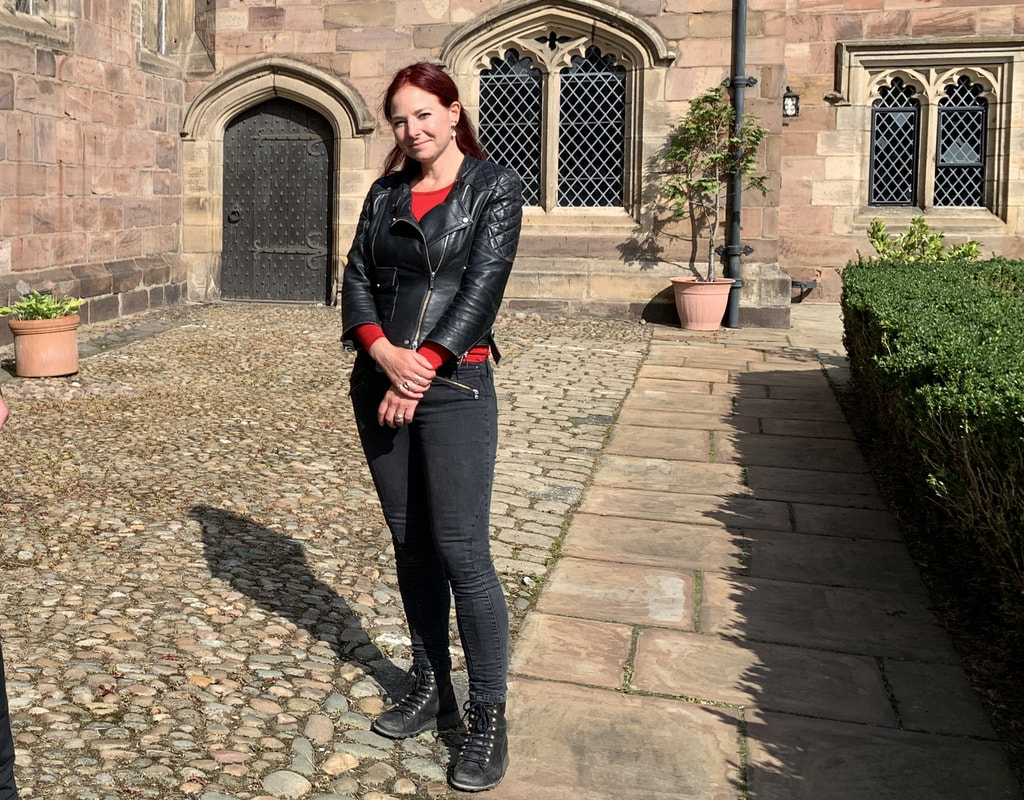
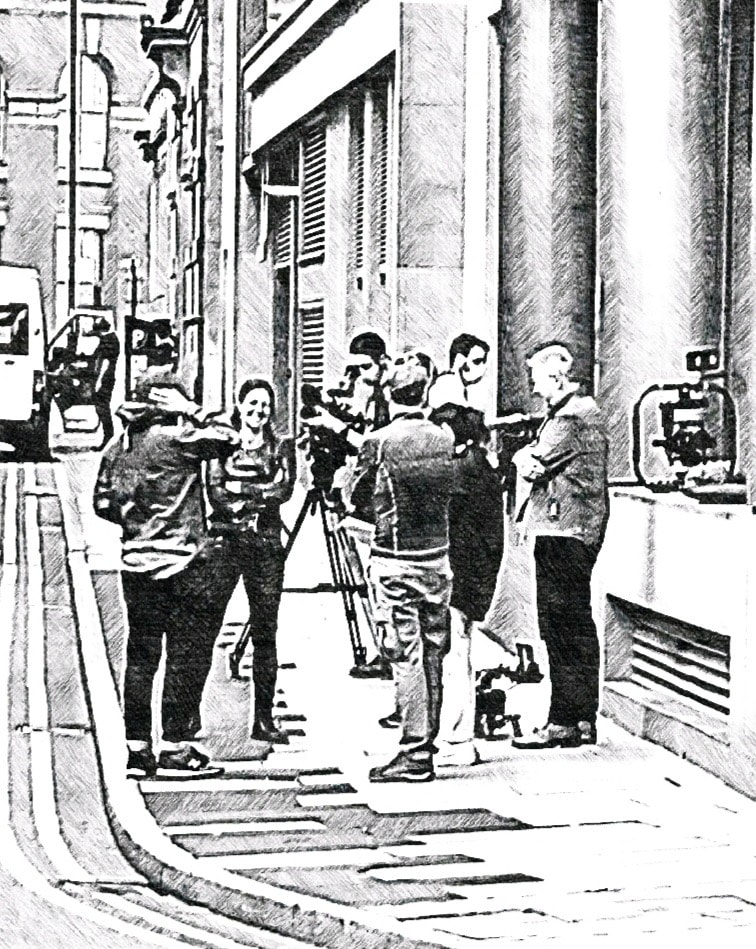
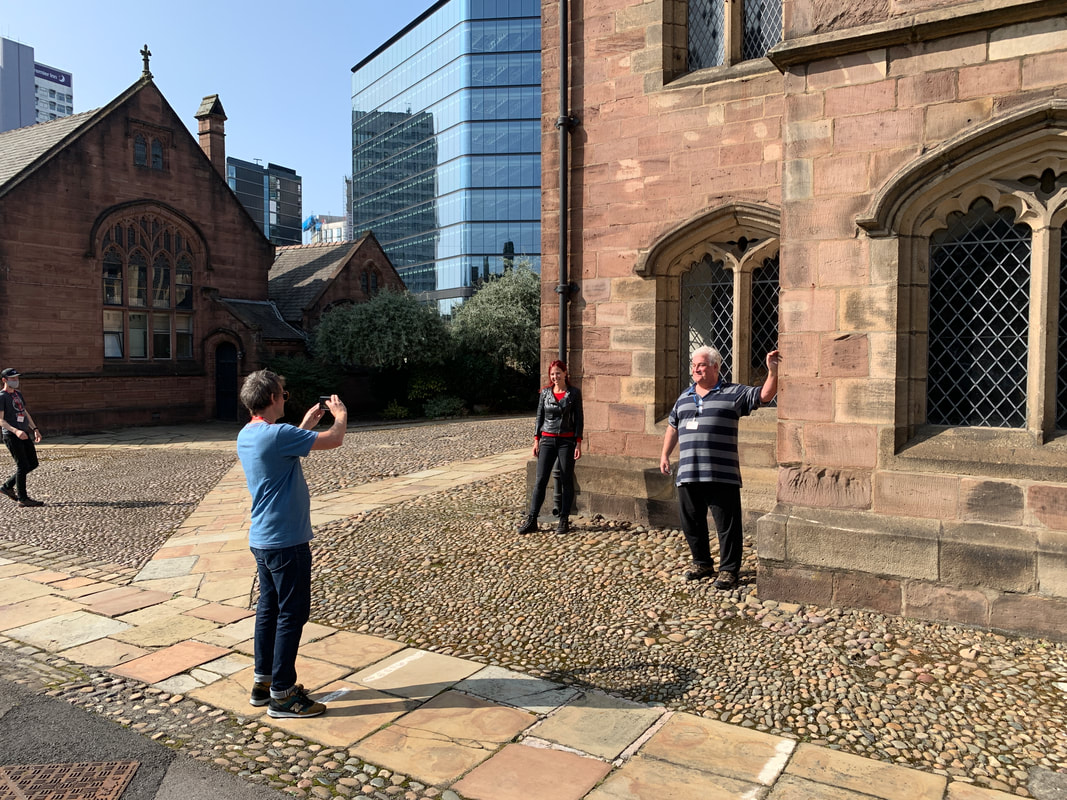
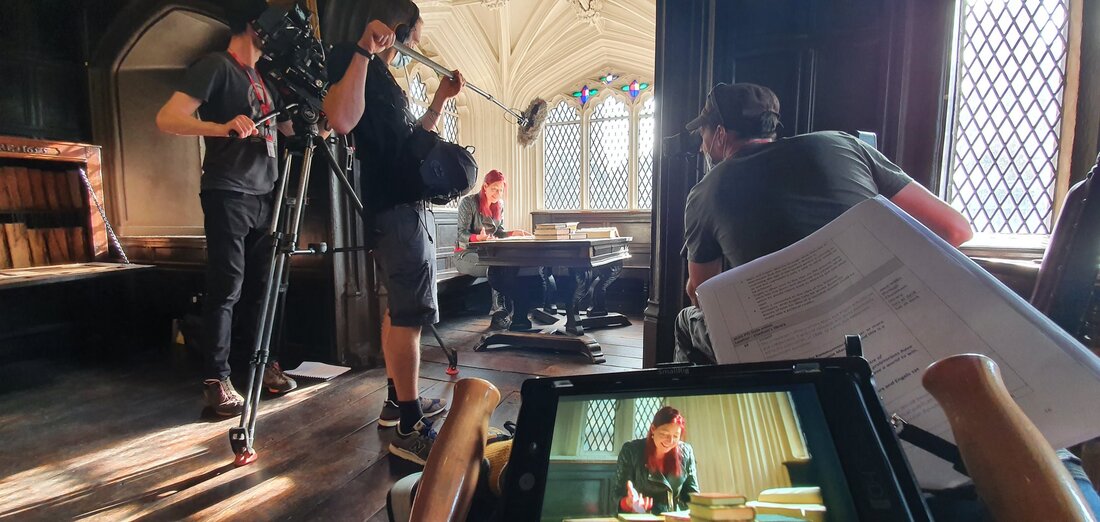
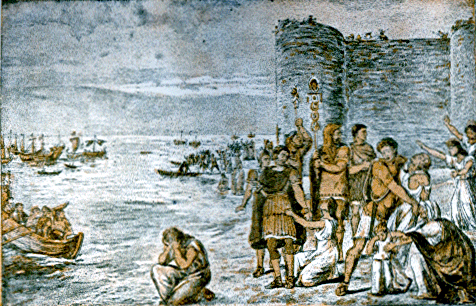
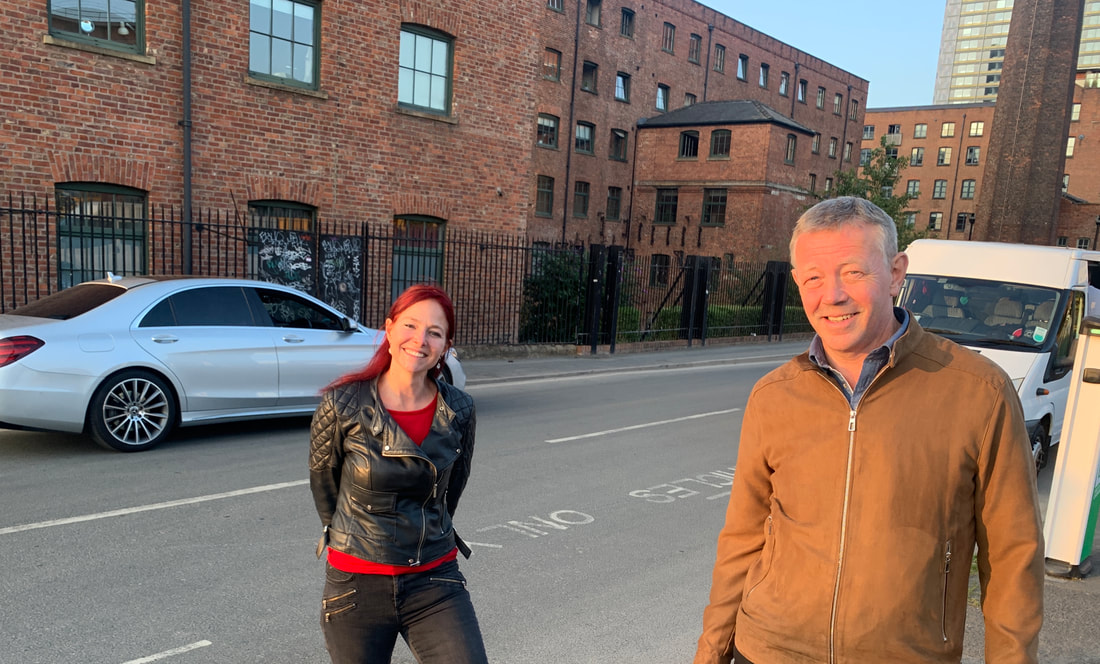
 RSS Feed
RSS Feed